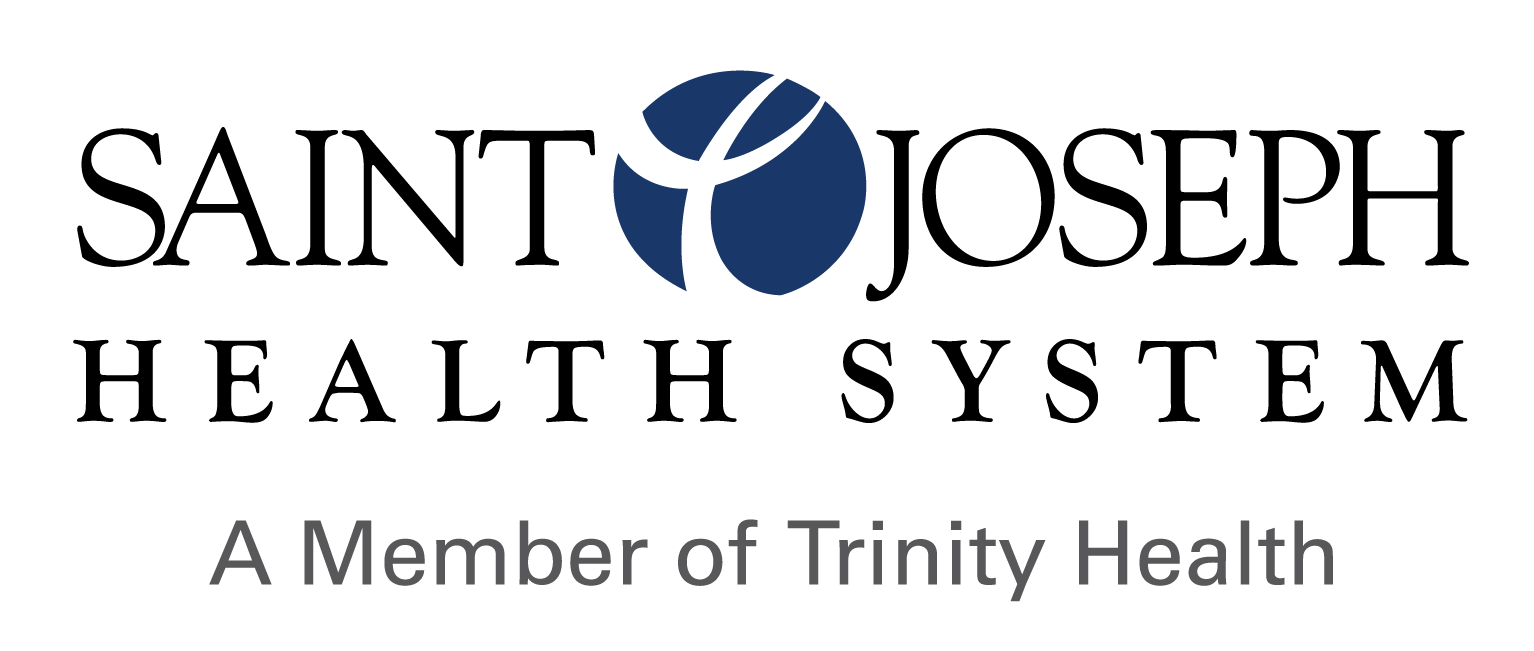Respiratory illnesses like the flu, COVID-19, and RSV have a way of sneaking into our lives when we least expect them, leaving us feeling drained, achy, and struggling to catch our breath — sometimes literally. But what if you could manage these symptoms effectively from the comfort of your own home? Understanding how to care for yourself or a loved one when illness strikes not only promotes recovery but also helps prevent spreading the virus to others.
"Every year, thousands of people are infected with a respiratory illness. Many of these cases could have been prevented. If you do find yourself feeling ill, there are things you can do to make yourself feel better as quickly as possible," says Abigail Battjes, DO, a Family Medicine physician at Saint Joseph Health System.
Recognizing the symptoms
If you wake up one morning feeling unusually tired, your head pounding, your throat scratchy, and a dry cough starting to nag at you, these are hints that a respiratory illness might be settling in. You might also notice a sudden fever, relentless body aches, a runny nose, or a general sense of malaise that makes even getting out of bed feel like a monumental task.
Recognizing these early symptoms is your first line of defense. While each respiratory virus has its nuances, they often share common signs that shouldn't be ignored. Think of them as your body's alarm system, urging you to take action.
What to do when symptoms strike
What should you do when these symptoms hit? First, resist the urge to power through your day. Your body needs rest — lots of it. Isolate yourself to prevent spreading the illness, ideally staying home for at least five days, since this is typically how long the virus incubates.
Next, wash your hands frequently. This might sound like basic advice, but good hand hygiene is incredibly effective at stopping germs in their tracks. If you must be around others, wear a mask to protect them from catching what you have.
Managing a respiratory illness at home is about more than just waiting it out. It’s about actively supporting your body as it fights back.
- Start with rest. Sleep is when your body does most of its healing.
- Stay hydrated. It might sound simple, but drinking plenty of fluids helps thin mucus and keeps your throat from becoming too dry. Water, herbal teas, and clear broths are your best allies. As for food, eat light, nutritious meals that provide the energy your body needs without overwhelming your system.
- Over-the-counter medications can help manage symptoms. Fever reducers and pain relievers can ease discomfort, but always follow dosage instructions carefully. And if you’re unsure about any medication, a quick call to your doctor can provide clarity.
- A humidifier can also be a game-changer, especially if dry air is making your symptoms worse. Moist air can soothe irritated nasal passages and throats, making it easier to breathe.
“Rest isn’t just about feeling better in the moment; it’s how your body heals. Giving yourself permission to slow down is one of the best treatments you can provide at home," says Dr. Battjes.
When to call your doctor
You don’t need to battle this alone. If your symptoms aren't improving after a few days, or if they seem to be getting worse, it's time to reach out to your primary care provider. They can guide you on whether you need to be seen in person, if a virtual visit will suffice, or if you should consider additional testing, like a home flu or COVID-19 test.
If someone in your household tests positive for the flu, COVID-19, or RSV, or if they show signs of an undiagnosed respiratory illness, don’t hesitate to call your PCP. Early medical intervention can be crucial, especially for vulnerable individuals.
“Don’t hesitate to reach out to your healthcare provider if your symptoms worsen or don’t improve. Early intervention can make a significant difference, especially with respiratory illnesses," says Dr. Battjes.
When it’s time to seek emergency care
While most respiratory illnesses can be managed at home, some symptoms signal the need for immediate medical attention. If you experience difficulty breathing, persistent chest pain, confusion, severe dehydration (like dizziness or minimal urination), or bluish lips or face, head to the nearest emergency room or call emergency services. These are signs that your body is struggling and needs urgent help.
Preventing the spread
Caring for yourself also means being mindful of others, especially those who are more vulnerable, like the elderly, young children, or people with weakened immune systems. Isolate yourself as much as possible, disinfect commonly touched surfaces daily, and practice good cough etiquette by covering your mouth and nose with a tissue or your elbow.
If you or someone you’re caring for falls into a high-risk category — such as having a chronic illness, being pregnant, or being very young or elderly — don’t wait to seek medical advice. Respiratory illnesses can escalate quickly in these groups. Early intervention can make a significant difference, sometimes even warranting antiviral treatments or other specialized care.
“Simple actions like handwashing, wearing a mask, and staying home when you’re sick are incredibly powerful tools in preventing the spread of respiratory viruses," says Dr. Battjes.
Dealing with a respiratory illness can be overwhelming, but you’re not powerless. By recognizing symptoms early, managing your care thoughtfully at home, and knowing when to seek medical attention, you can navigate through these illnesses more confidently. Stay informed, stay prepared, and remember that reaching out for medical advice is always a smart move if you’re unsure.


